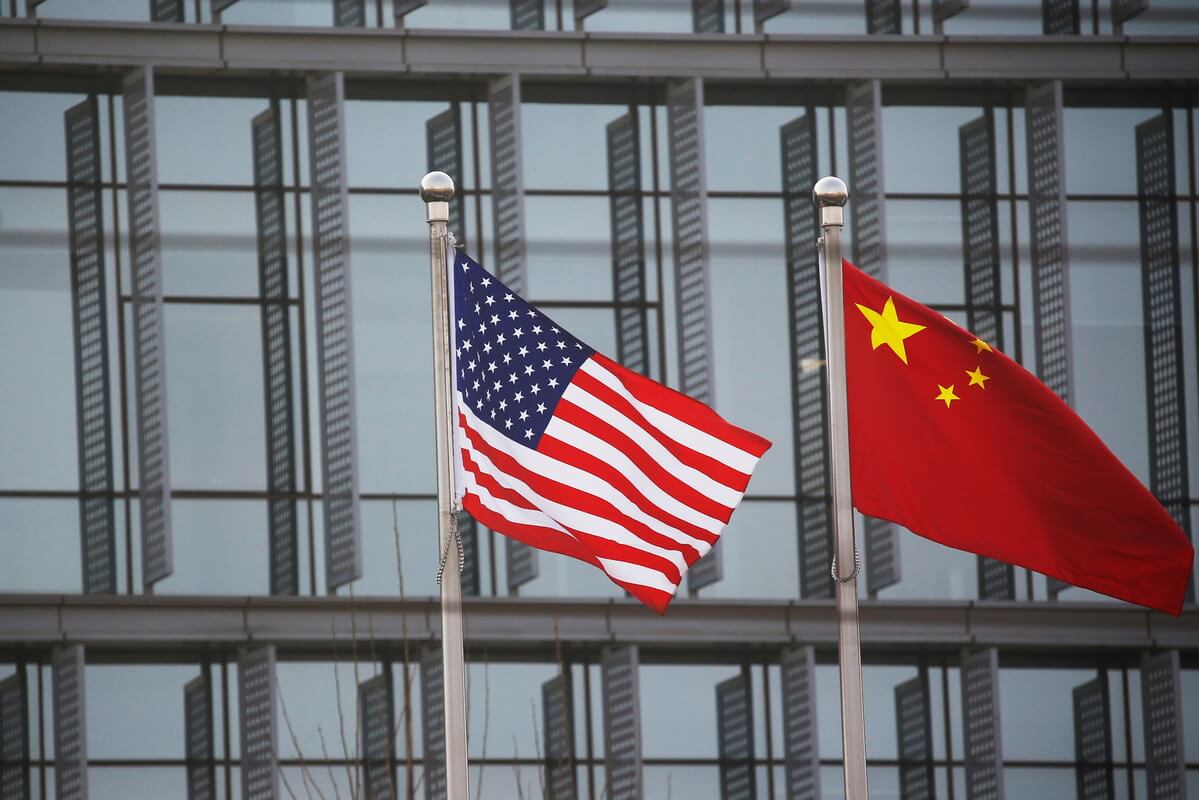In a historic move, China granted the United States’ (US) Public Company Accounting Oversight Board (PCAOB) “complete access” to investigate Chinese firms for the first time.
In a statement released on Thursday, PCAOB Chair Erica Y. Williams said the body had secured “historic and unprecedented access” to “inspect and investigate” registered public accounting firms headquartered in mainland China and Hong Kong.
She stressed that the move was made possible by the “leverage” Congress had gained by passing the Holding Foreign Companies Accountable (HFCA) Act, which she noted has helped “hold China accountable.”
Watch Chair Williams announce that the PCAOB secured complete access to inspect and investigate in China for the first time in history: https://t.co/vMWcwDpiUD
— PCAOB_News (@PCAOB_News) December 15, 2022
“Congress sent a clear message with that legislation that access to US capital markets is a privilege and not a right, and China received that message loud and clear,” she declared.
Williams said that the body is “already making plans to resume regular inspections” from early next year but warned that if Beijing “obstruct(s) or otherwise fail(s) to facilitate the PCAOB’s access, in any way and at any point in the future,” the Board would “act immediately to consider the need to issue a new determination.”
In an effort to highlight the independence of the Board’s investigations, Williams revealed that the PCAOB had “exercised sole discretion to select the firms, audit engagements, and potential violations it inspected and investigated – without consultation with, nor input from, PRC authorities.”
Securing this unprecedented access is the beginning of the PCAOB’s work to inspect and investigate firms in mainland China and Hong Kong, not the end. Read Chair Williams’s statement: https://t.co/kDQTkawfWs pic.twitter.com/SwtcSUOgRm
— PCAOB_News (@PCAOB_News) December 15, 2022
In addition, inspectors and investigators were provided complete audit work papers “with no redactions” and were also given “direct access to interview and take testimony” from all those involved with the auditing process.
The official clarified that the announcement should not be mistaken for being proof of “a clean bill of health” for Chinese and Hong Kong-based firms and was simply a “recognition” that the US had received access “to perform full and thorough inspections and investigations to root out potential problems and hold firms accountable to fix them.”
Williams added that the decision was made “only after thoroughly verifying China’s compliance […] with skepticism and rigor.”
She also noted that a team of more than 30 PCAOB staff members, more than double the normal amount of staff for such an operation, had conducted on-site investigations in Hong Kong of the mainland affiliate of KPMG and the local affiliate of PwC.
For the first time in history, the PCAOB has secured complete access to inspect and investigate registered public accounting firms in mainland China and Hong Kong. Find out more about how this unprecedented access protects investors: https://t.co/i5J3W0PSFD pic.twitter.com/4n7oGFNAhM
— PCAOB_News (@PCAOB_News) December 15, 2022
This included “reviewing thousands of pages of documents, conducting interviews, and taking testimony over a nine-week period from September to November,” three weeks longer than the regular length of such investigations.
Williams acknowledged, however, that while “numerous potential deficiences” had been identified and that “any deficiencies are troubling,” she remarked that they are “not unexpected” and are “consistent with the types and number of findings the PCAOB has encountered in other first-time inspections around the world.”
Nevertheless, she underscored, “I want to be clear: this is the beginning of our work to inspect and investigate firms in China, not the end.”
Crucially, PCAOB investigators have still not been allowed into mainland China.
For over a decade, Chinese regulators have barred the PCAOB from inspecting its accounting firms, citing national security concerns.
US-listed Chinese stocks slump after the report. $IQ -22%$TME -20%$XPEV -11%$BILI -7%$BIDU -6%$BABA -2%
— CN Wire (@Sino_Market) March 24, 2021
However, Beijing softened its stance this year after Washington passed the HFCA Act, which put more than 160 non-compliant Chinese companies, whose combined market value stood at $1.5 trillion, at risk of being delisted from US exchanges starting in 2024. This included companies such as Alibaba, Baidu, Tencent, and Yum China.
Wall Street executives had been strongly opposed to such a move, saying their removal could send shares plunging by 13%. Their removal would also have been a significant blow to China.
In August, however, the two countries reached an agreement that nearly halved the risk of Chinese stocks being delisted.
In this regard, the PCAOB investigation has been hailed by financial experts as “game-changing.”
Doug Barry, a spokesperson for the US-China Business Council, for example, called it a “positive and significant development.”
Similarly, Tim Ghriskey, senior portfolio strategist at Ingalls & Snyder, told Reuters that it could reduce the perceived risk of investing in Hong Kong.
Senator Marco Rubio (R-FL), however, was less optimistic and said the PCAOB announcement was “short-sighted, naive, and dangerous.”
“The PCAOB selected two British-affiliated auditing firms to review, one in Hong Kong and one in mainland China,” Rubio said, adding, “It used these firms’ openness to US auditors as a litmus test for the entire country.”

